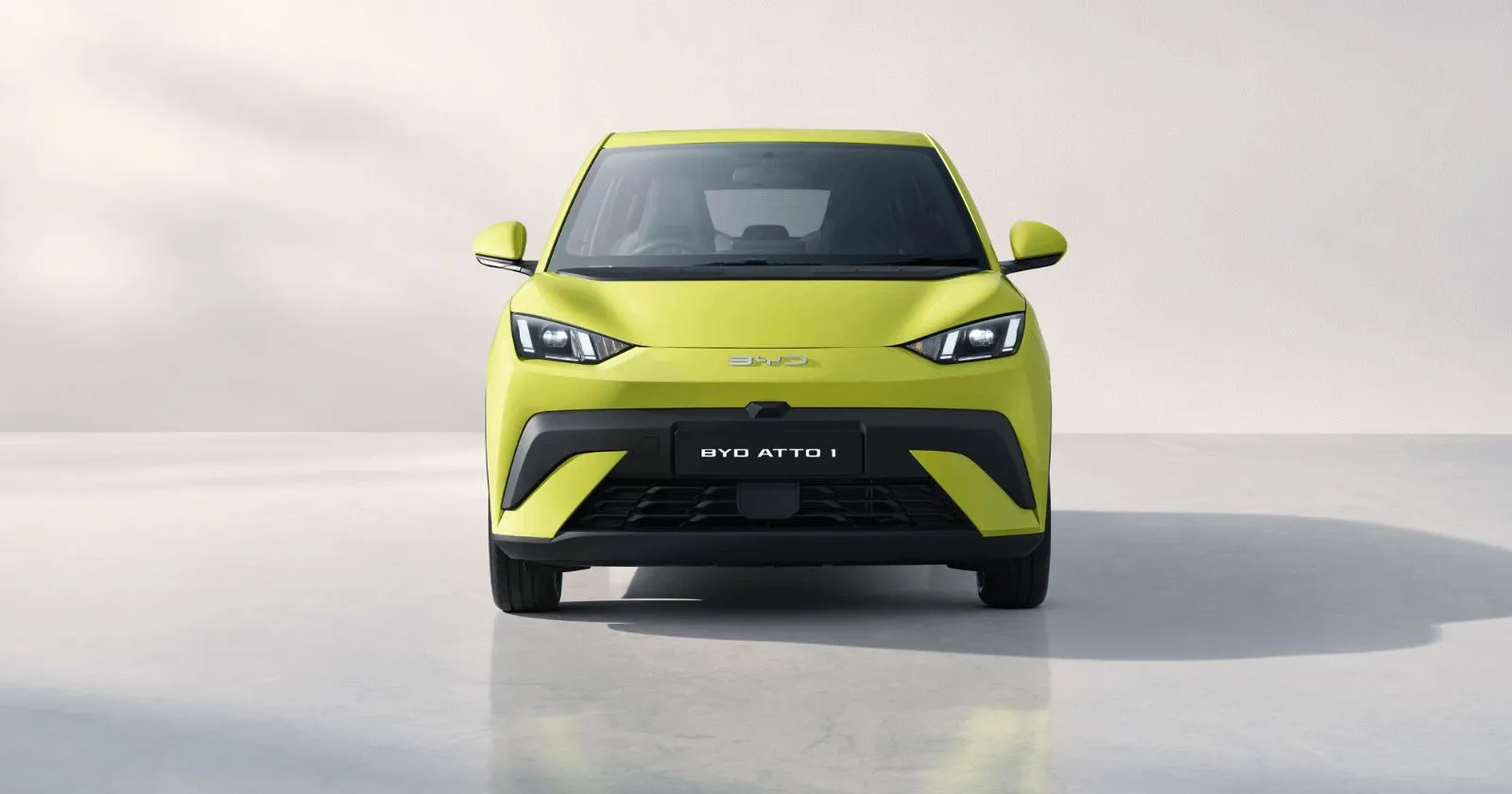
By October this year, Chinese EVs contributed 57,260 vehicles, claiming 33 per cent of the market by volume, according to Jato Dynamics.
Share Post

By October this year, Chinese EVs contributed 57,260 vehicles, claiming 33 per cent of the market by volume, according to Jato Dynamics.
China is rapidly establishing itself as a key competitor in India's expanding electric passenger vehicle sector, currently led by domestic manufacturers Tata Motors and Mahindra & Mahindra, ET Auto has reported. Within less than two years, brands including BYD, British-origin but China-owned MG, and Volvo, of Swedish heritage and Chinese ownership, have surpassed South Korean and German competitors to secure nearly one-third of the Indian electric vehicle (EV) market.
These brands have resonated with buyers seeking superior technology, extended range, and enhanced reliability. Additional Chinese EV manufacturers such as Xpeng, Great Wall, and Haima are now evaluating the subcontinental market. Their strategies could receive momentum from the recent improvement in diplomatic relations between New Delhi and Beijing following approximately five years of tensions.
Experts say EV makers from that country have not only widened consumer choice, but also helped accelerate India's adoption of cutting-edge battery tech, premium features and faster product life cycles.
MG Motor was the first to find its footing. As an early mover, it quickly became the biggest contributor among the Chinese-backed automakers, offering mass market EVs competitively packed with features.
"Our growth momentum in India is driven by exceptional customer-centric innovations and a deep understanding of local market needs," Vinay Raina, chief commercial officer at JSW MG Motor India, a joint venture between India's JSW Group and China's SAIC Motor, was quoted as saying in the report.
Localisation, Raina emphasised, plays a critical role in staying competitive.
Blending global expertise with local adaptation has allowed these firms to bring new models to India faster than many domestic ones. BYD, one of the world's largest EV makers, soon followed, expanding steadily amid strong commercial and fleet demand.
Meanwhile, Volvo Cars, Swedish in heritage but owned by China's Geely, carved out a steady premium presence. Volvo's volumes remain comparatively smaller, but they reflect a growing luxury EV segment.
"Our growth in India is driven by a strong and loyal customer base and our accelerated focus on electrification," said Jyoti Malhotra, MD of Volvo Car India. The company, an early mover in luxury electric mobility, has committed to launching one new EV every year.
The coexistence of strong domestic and global brands has transformed India into a highly evolved EV market, particularly in the premium segment.
Volvo, for instance, conducts regular customer clinics to fine-tune features, pricing, and expectations. "All the models that we sell in India are now assembled locally," said Malhotra.
In 2019, Chinese brands did not account for a single battery electric vehicle (BEV) sale in India. By October this year, they contributed 57,260 vehicles, claiming 33 per cent of the market by volume, according to Jato Dynamics.
Yet, despite this surge, Indian-owned companies remain the backbone of the country's EV growth. Their BEV sales climbed to 101,724 this calendar year till October, from 74,442 units in 2024.
"Localisation, affordability, wider geographic reach and strong alignment with policies like FAME-II and PLI have worked," said Ravi Bhatia, president of Jato Dynamics.
The rapid expansion of Chinese-backed manufacturers in India's electric vehicle landscape demonstrates the sector's openness to international competition whilst highlighting the continued strength of domestic players. The presence of multiple international brands has effectively elevated consumer expectations regarding technology, features, and pricing across all segments.
The warming of India-China diplomatic relations is likely facilitate smoother market entry for new players, though regulatory scrutiny of foreign investments, particularly from China, remains a consideration for automotive manufacturers evaluating the Indian market.
TVS Becomes Third-Largest Two-Wheeler Manufacturer in the World
Acko Drive Team 4 Mar, 2026, 12:41 PM IST
5 Interesting Colour Options On Indian Cars
Acko Drive Team 4 Mar, 2026, 12:30 PM IST
Actor Shahid Kapoor Brings Home Mercedes-Benz G 450d Worth ₹2.9 crore
Acko Drive Team 4 Mar, 2026, 10:20 AM IST
Volvo Brings New UX to 2.5 Million Older Cars With its “Largest OTA Software Update Ever”
Acko Drive Team 4 Mar, 2026, 9:27 AM IST
Renault Teases Bridger Subcompact SUV Concept To Take On Hyundai Venue, Will Be Made In India
Acko Drive Team 4 Mar, 2026, 8:52 AM IST
Looking for a new car?
We promise the best car deals and earliest delivery!
